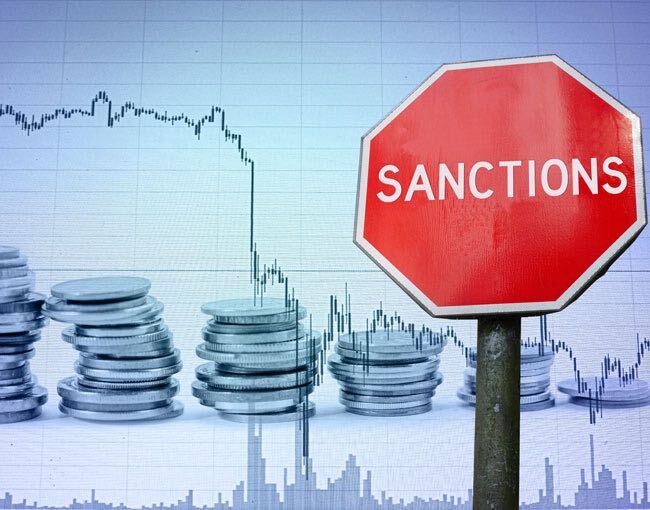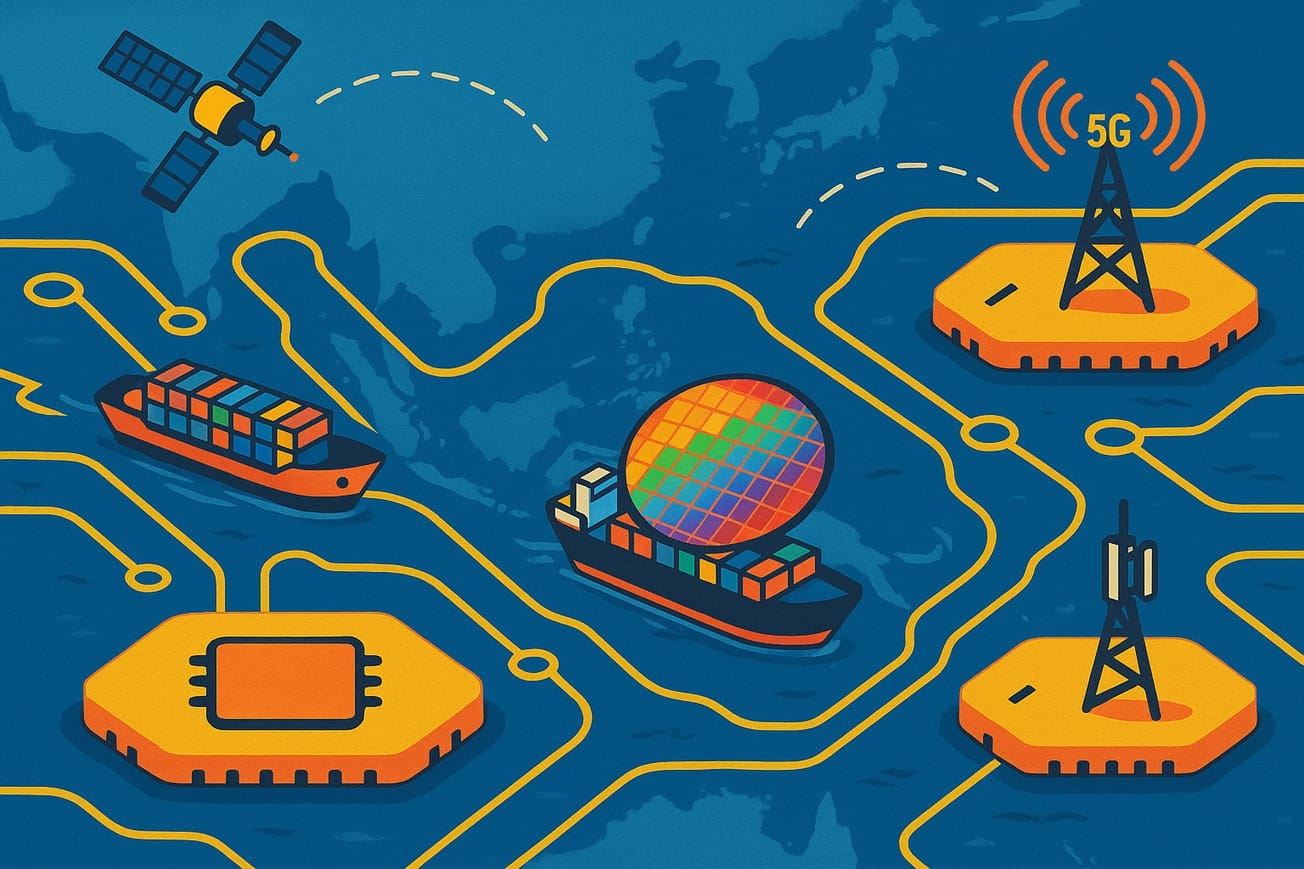


As digital connectivity shapes the business landscape, maintaining transparency and accountability are ever-evolving challenges for companies. Continually shifting regulatory environments, dynamic data-driven competition, and information that moves at breakneck speed through viral channels like social media can define both mission and business success. Criss-crossing within this fast-paced world is a web of relationships and regulations that require conscientious navigation strategies. Especially over the past several years, the demand for targeted due diligence investigations has grown rapidly, particularly concerning evolving and multifaceted global sanctions regimes. These investigations are essential for organizations to be proactively vigilant against engaging in business with sanctioned entities or individuals.
Sanctions Investigations: From Legal Compliance to Reputational Risk Management
The design and enforcement of contemporary sanctions regimes is changing. Modern sanctions have evolved to become highly targeted and more difficult to evade, avoiding broad measures that might have unintended consequences on ordinary citizens. These “smart” or “targeted” sanctions aim to minimize collateral damage by focusing on specific individuals or activities, such as restrictions on travel, targeted asset freezes, or prohibitions on particular financial transactions. Furthermore, sanctions are employed across multiple domains, including criminal justice, regulatory compliance, civil litigation, and international relations. Their application is driven by a multitude of motives, reflecting the different needs and strategies across these fields. The impact of sanctions extends to influencing the real, potential, and anticipated costs tied to the actions or behavior of individuals or entities.
The essential value of sanctions investigations extends beyond the legal or pecuniary fallout from compliance failures. They also serve as a proactive reputational measure, affording an organization’s leadership with early warnings regarding potential issues that could impact their reputation in the eyes of regulators, stakeholders, customers, and the general public. An organization can settle fines and lawsuits, and while that experience can be financially painful, it is ultimately transitory. Damage to reputation, however, lasts; it may never be fully ameliorated over time, and can even spread to an organization’s other endeavors, subsidiaries, and individuals in leadership.
An organization can settle fines and lawsuits, and while that experience can be financially painful, it is ultimately transitory. Damage to reputation, however, lasts.
Effective sanctions compliance begins with a rigorous understanding of the nature of sanctions and the rationale behind their potential relevance to a client. From there, an investigation can be conducted to identify whether an individual or entity is subject to any sanctioning regime, and contextualize the findings around any confirmed hits. The rationale and execution of sanctions can differ widely, depending on the specific context and the goals of the regulatory bodies imposing them. The complexity of current sanctions strategies necessitates a robust and sophisticated approach to due diligence, ensuring that organizations tackle these challenges preemptively and effectively.
From Inquiry to Insight: A Client-Centric Investigative Methodology
Collecting accurate, relevant, and current data and information is a baseline expectation. The meticulous and thorough process undertaken to assess the validity and reliability of information is a defining characteristic of our investigative process. This is more than a procedural task, however—it is the cornerstone of establishing confidence with clients. Trust is earned through effective tradecraft, grounded in an established yet flexible investigative methodology. Whether deriving the implications of nuanced targeted sanctions, or watchlisting records of individuals or entities, we adhere to a structured method of inquiry. Assessing information in this way ensures our end products are maximally accurate, timely, and relevant to clients.
From inquiry to insight, building trust means we strive to be analytical partners. Our investigators are trained to peer beyond the apparent, to include additional analytic insight when warranted, and to identify potential intelligence gaps that our clients may have inadvertently overlooked. First, and foremost, this process means listening to our clients. Clients often approach us with specific requirements, and in these cases, our mission is clear. However, there are instances where a client may have a more general, ambiguous concept of their request. This may include inquiries related to certain individual subjects, groups of individuals, or companies—and it’s here we recognize that the scope of our investigation may extend beyond the original request. Through our commitment to integrity, precision, and transparency, we are equipped to handle diverse and evolving challenges as trusted analytical partners to our clients.
Every investigation is necessarily bespoke; it is a multifaceted, cross-disciplinary, fluid process that requires judgement, intuition, and the use of various tools, resources, and platforms. Through purchased licensing agreements, specialized commercial tools and databases provide a generational shift in data aggregation. These platforms enable greater speed and reach for investigators, so we can dig deeper, reach internationally, and unearth insightful data at the speed of relevance to our clients. In the case of sanctions, investigators might begin by scrutinizing sanctions and watchlisting records of individuals or companies, connecting and mapping pertinent relationships between them. Of course, sanctions analysis extends to country-specific lists, such as those maintained by the U.S. Treasury’s Office of Foreign Asset Control (OFAC) and the United Nations Security Council Consolidated Sanctions List. These lists also provide the basis for legal, diplomatic, and international regulatory analysis that further informs the client’s risk profile.
As we’ve built in OSINT from the ground up, targeted online searches, adverse media screenings, and social media/social network analysis and exploitation are essential sources of data. Investigators construct targeted Boolean searches on both US and foreign-based search engines such as Baidu, Yandex, and Google during collection. Going further, understanding the media landscape and political dynamics is often vital to any comprehensive assessment. Adverse media screenings and monitoring for political exposure are increasingly core client requests. Perhaps most salient today, conducting social media screenings and social network analysis can yield critical insights and hidden patterns that can take investigations in unexpected directions. By integrating new technologies, fresh sources of data, up-to-date legal frameworks and policy shifts, media analysis—and above all, human expertise—we can provide truly thorough, uniquely informed, high-value reports to clients.
Building a Clear Narrative: Unacceptable versus Acceptable Risk
In the case of sanctions analysis, we don’t just uncover facts, but awareness of potential exposure to risk, enabling our clients to make informed decisions about who they choose to do business with. Understanding sanctions risk is not a simple black-and-white judgment but a nuanced assessment that requires tailoring investigations to the unique and potentially shifting needs of our clients, their markets, and relevant regulatory landscapes.
This highlights the central challenge of assessing acceptable versus unacceptable risk. If a subject, group, or company has been sanctioned, there’s already a perception of risk by a singular or group of governments. Sanctioned entities don’t necessarily always constitute a reputational risk for a potential business partner: the information that leads to such judgments can be fraught with both subjective biases as well as objective facts.
This isn’t just about following rules—it’s about earning trust. How an organization operates and the reputation it builds are directly tied to its commitment to being open and responsible in an age where information is available almost instantly, internationally, and at our fingertips.
Here, assessing acceptable versus unacceptable risk requires careful, but above all defensible, analytical reasoning. If a state actor imposes sanctions on a specific industry for example, the reasons may not be clear-cut. Sanctions actions may be designed to affect an entity’s status quo or free market participation—or, the context may be more straightforward, such as direct involvement in crimes against humanity, war crimes, state and federal white-collar crime, and unsafe or illegal business practices. The investigation culminates in the construction of a coherent, accurate narrative of material risk, empowering clients with the insights required to effectively avoid potential legal and reputational damages.
This isn’t just about following rules—it’s about earning trust. How an organization operates and the reputation it builds are directly tied to its commitment to being open and responsible in an age where information is available almost instantly, internationally, and at our fingertips. Thorough reputational due diligence is vital to a competitive organization’s long-term growth and resilience, and this is especially important in the current global sanctions landscape. Beyond leveraging tradecraft to collect data and facts, we construct a bespoke, granular, and multifaceted narrative of potential risk that provides the clarity needed for decision advantage, responsibility, and speed to action.






